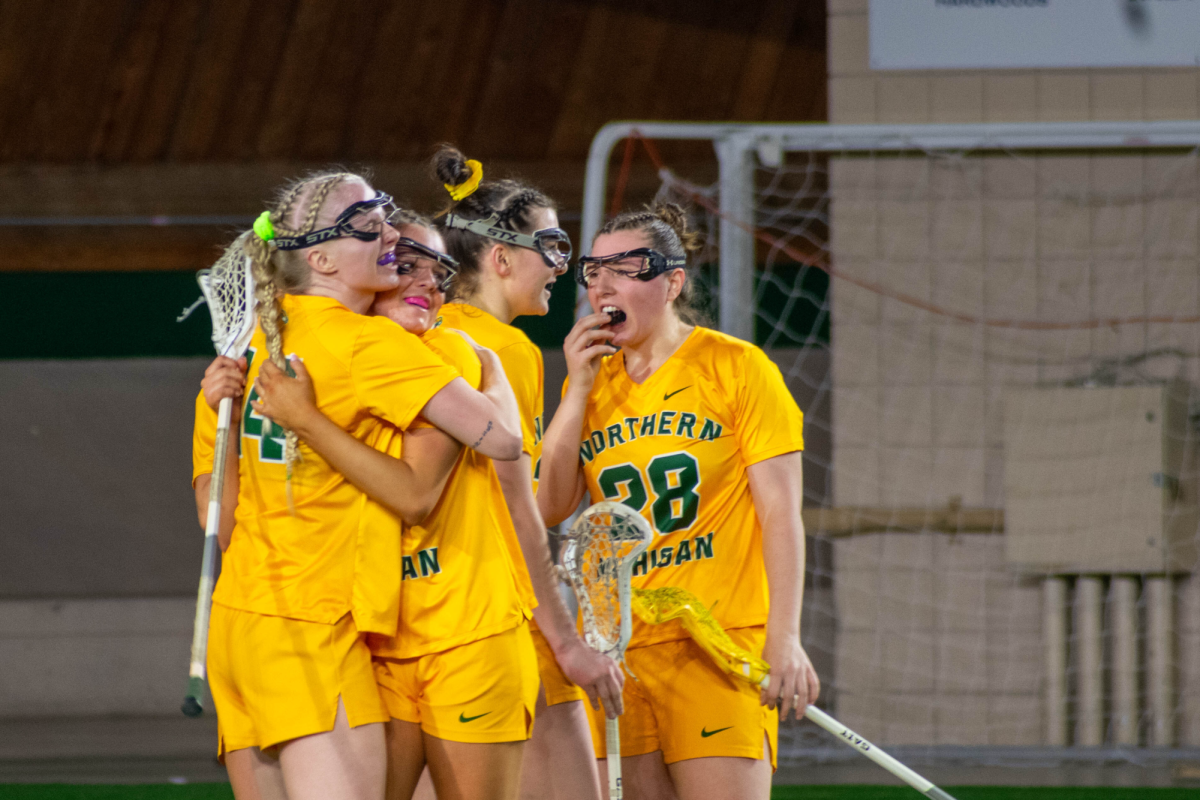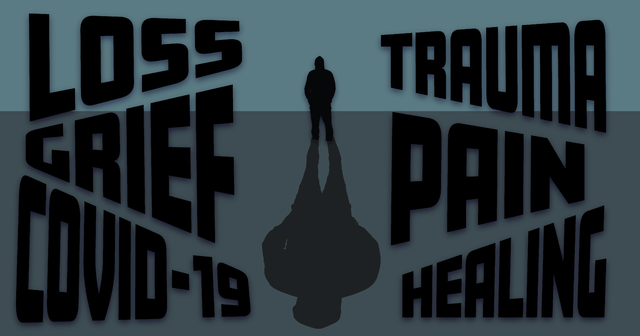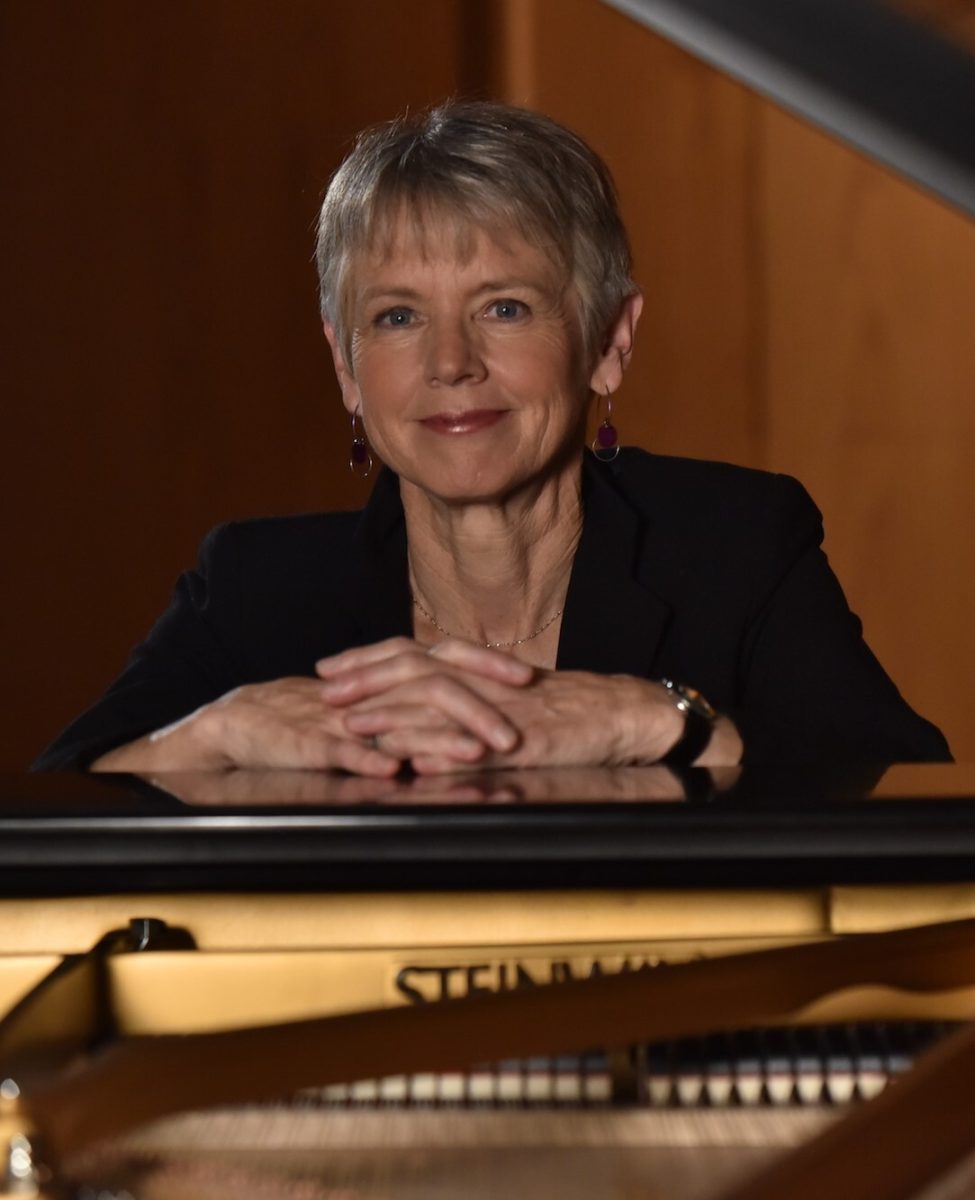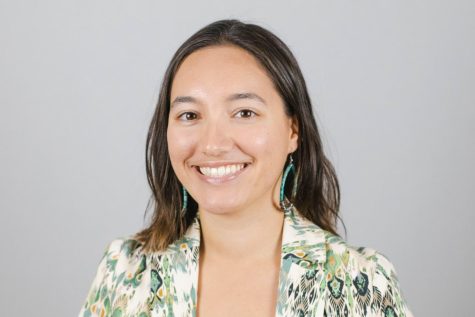Ever since December 2019, COVID-19 has caused massive amounts of change and loss, including losses of lives, jobs and normalcy. It is difficult to find someone who has not been directly impacted or who does not know someone who has been directly impacted by COVID-19.
These ties of various types of loss that have wrapped around the entire globe is one of the reasons the department of sociology and anthropology and the department of social work are co-hosting a Grief Education Speaker Series. The event is free, open to the public and will feature a different acclaimed speaker on each of the three nights.
Kenneth J. Doka will be presenting a talk titled “Individual and Collective Grieving in the COVID Era and Beyond” on Tuesday, Feb. 23. Three weeks later on Tuesday, March 16, Douglas Smith will give a talk titled “Different Ways of Grieving, Different Ways of Healing.” The final presentation will be given by Erica Srinivasan on March 30 called “Supporting Grieving Students and Communities.” All of these talks will be from 6 p.m. to 7:30 p.m. and can be accessed via a Zoom link on NMU’s website for the department of sociology and anthropology.
Doka, a senior consultant at the Hospice Foundation of America and professor emeritus at the Graduate School of the College of New Rochelle, was first introduced to the idea of grief studies when he interned at the Memorial Sloan Kettering Cancer Center in New York in 1971. He worked in close relation with dying children and became part of what he calls the second generation of people who were doing research on grief and loss.
Doka’s work with these children led him to write many papers and books, a total of over 40 books and 100 articles. In 1993, he was elected President of the Association for Death Education and Counseling and has won many awards in this field of study throughout his lifetime. At 73 years of age, he also has experienced a range of his own losses and speaks from his own experience.
In “Individual and Collective Grieving in the COVID Era and Beyond,” Doka plans to bring to light some of the unusual issues related to grief and loss that have arisen as a result of the pandemic. Not only are we living through a viral pandemic coupled with losses of life, jobs, income and normalcy, but Doka theorizes this pandemic will lead to a ‘shadow pandemic’ of complicated grief as a result of this current collection of loss.
“I have been studying grief for 50 years now … I think [COVID-19] has made us all aware of our vulnerability. That something we never expected could sweep over the world and really create a series of traumatic losses for people,” Doka said.
Smith is also highly aware of the wide range of prolonged impacts the pandemic has had for many people, but he focuses on the range of responses individuals can have in these situations as well.
“I will be talking about different styles of grieving and how people grieve in different ways. Some people through emotion, some through cognition, some through action,” Smith said. “And then I’ll talk about tools that people can use depending on what their style of grieving is. There will sort of be a smorgasbord of tools.”
Smith plans to outline these different grieving styles and help participants become more comfortable identifying what they need in different situations of loss. He also is a storyteller who uses lots of case examples to showcase how specific tools have helped people. Sometimes his stories come from those he has encountered in his years of hospice and education work, but he has his own personal stories as well.
“What most led me in the direction of doing grief work was the fact that I had a lot of death within my family. Not only my parents, but a brother and then I also had two daughters that died and so I was kind of being clobbered over the head,” Smith said. “Somebody was saying I needed to learn about [grief studies] because it was certainly affecting me. So I went into grief work initially to help myself but I found through helping myself I could also help others in the process.”
Smith has now worked for the University of Wisconsin’s Grief Support Specialist Certification Program for five years and has published eight books on the topics of grief and loss. He hopes to provide people with empowering stories and strategies that they can use to help themselves and others as well who may be struggling with the pandemic.
Srinivasan, an associate professor in the Department of Psychology at the University of Wisconsin—La Crosse and director for the Center for Grief and Death Education, also hopes to provide tools for students, faculty and community members to work with their grief and loss, whatever it may be.
She will address various types of grief and loss including disenfranchised grief and ambiguous loss, as well as ways they can approach coping with their own grief reactions. She hopes students will feel more empowered to talk about their own grief and start to seek ways to implement coping strategies that may work for them into their own lives.
“Loss and grief are universal experiences, which makes it essential to understand grief and ways to cope and offer support,” Srinivasan said. “Everyone has a story and a need to further process grief. I think the more conversations we have, the less isolated people will feel in their own grief and then hopefully the more coping resources people will gain.”
Srinivasan first became interested in grief studies after working in an assisted living facility and noticing a lack of outlets for grief support for the residents. One of her goals is to decrease the stigma around talking about death and grief and help improve resources, one of which is simply having an open space to talk about previous or current losses.
During these times it is important to acknowledge the universal loss and grief surrounding us, whether it is a personal loss of a job, the loss of a loved one or the pervasive sense of loss that has followed the path of COVID-19. These three speakers will try to tackle and provide greater insight into this collective and individual loss, and offer solutions on how to move forward.
“Whenever I ride my bicycle in the morning, I see school children lining up for the bus with masks on and they are not playing like they used to play. I drive around the city and I see businesses that are boarded up or are no longer functioning. There is sort of a cloud of grief, ambiguous grief, that seems to pervade any and everything,” Smith said. “I see grief in many forms because of this COVID-19.”
If you or someone you know is looking for other outlets to work through any form of grief or loss, please contact NMU counseling and consultation services at (906) 227-2980.


























